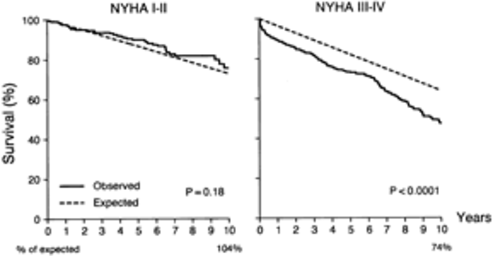Andrew's Journal
Mitral Regurgitation, Joined April 18, 2018
Mitral Regurgitation
Joined April 18, 2018
-
 I am from: Baton Rouge
I am from: Baton Rouge -
 My surgery date is: May 3, 2018
My surgery date is: May 3, 2018









I also had a drop in my ejection fraction after surgery and I took a combination of metoprolol and lisinopril to assist in heart remodeling - according to my cardiologist, my heart had to acclimate to pumping more blood after surgery. There was improvement after a few months and I stayed on for several more. I will find out my EF next Tuesday at my first annual appointment with my surgeon.
All the best to you.